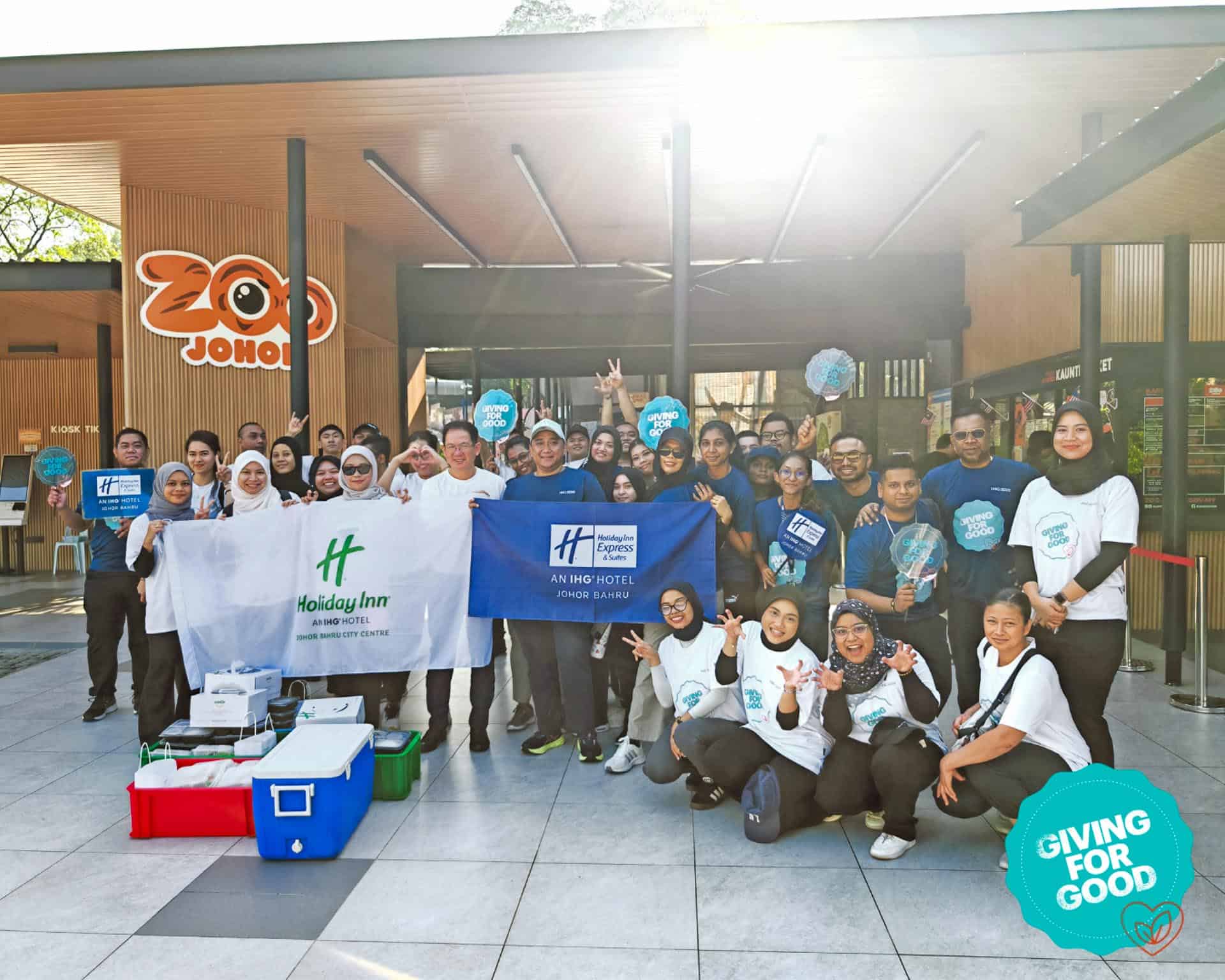
Finding the right balance between the positive and negative effects of technology and social media continues to be a problem for many people. In fact, 39% respondents don’t feel in control and are unaware of their social media limits, and 23% experience negative emotions, which can lead to increased levels of stress and anxiety. At Kaspersky, we believe digital wellbeing should be on everybody’s radar. That’s why we have partnered with Neil Tranter, who has over 15 years of meditation practice and is trained in Mindfulness Based Stress Reduction (MBSR), to launch a course that includes a wealth of techniques to help users re-evaluate their relationship with technology so that they can enjoy the benefits and find a better balance.
“As we come out of the global pandemic, our human world has become permanently and inextricably linked with technology. And it’s taking its toll on our wellbeing. Constantly exposed to emails, social media updates, AI generated news feeds and smart phone notifications, our minds are becoming ever-more fragmented and exhausted. Now is the time to take the power back. Join us for this course on overcoming digital stress and smartphone addiction. Learn about the psychological techniques that are used to distract us and develop mindfulness skills to take back control of your attention and make healthier choices about how you spend your time,” comments Neil Tranter, a mindfulness teacher.
Kaspersky research shows that people are already taking proactive steps to develop healthier digital habits, with 38% of respondents saying they limit or reduce their time spent on social media. Another important trend that is growing is the use of meditation apps. According to Insight Timer, free meditation app for a community of 19 million, in March 2020, app downloads increased by 100% worldwide, and by the end of the year meditation minutes had increased over 30% from the year before to 6 billion.
The meditation course “Overcoming digital stress and smartphone addiction” is aimed at helping people develop a more nourishing relationship with technology, learn practical approaches to working with technology cravings and smartphone separation anxiety, and offers advice on how to fill pauses in your day with mindfulness rather than constantly checking devices.
The course explains how our use of social media is habit forming, explores the neuroscience of FOMO (fear of missing out) and explains how comparing yourself to others on social media can trigger the ‘inner critic’, as well as providing self-compassion techniques to help deal with such feelings.
The course also includes a special bonus lesson dedicated to the challenges of remote working, aimed at helping people develop healthy work habits and a better work-life balance. The session was developed by Kaspersky human resources professionals and Neil Tranter.
“As technology becomes integrated into every aspect of our lives, it is important to better understand how people interact with it and the way it influences their overall wellbeing. With this goal in mind, we reached out to Neil Tranter, who is a software engineer and mindfulness teacher with first-hand experience working in the technology industry. He understands perfectly how technology influences our mental health. The meditation course we’re launching in partnership with Neil, explains how we can leverage our efforts to achieve better digital balance. The special session on remote work will help people reflect on the way they work, identify unhealthy patterns that are preventing them from achieving the right work life balance and change their daily routines. This course will be a valuable addition to the Cyber Spa platform that we launched earlier this year, to help both our employees and external audiences relax and take breaks during their busy days,” comments Marina Alekseeva, Chief Human Resources Officer at Kaspersky.
The meditation course “Overcoming digital stress and smartphone addiction” is available for free at Kaspersky’s Cyber Spa platform where users can enjoy it at their own pace, revisiting lessons they find most helpful.
At Kaspersky, we believe that technology and innovation should improve our lives and strengthen our mental welfare – not harm it. We bring users peace of mind by protecting them with our solutions and services, and to assist them further, we have created the Kaspersky Digital Wellbeing Hub to help them develop positive digital habits and live their best digital life. At the website, users can find resources that will help them stay protected from doxing and tips on how to share personal information wisely online, as well as how to set up social media account, keep their privacy safe, and reduce digital stress. Learn more at https://www.kaspersky.com/blog/digitalwellbeing/.